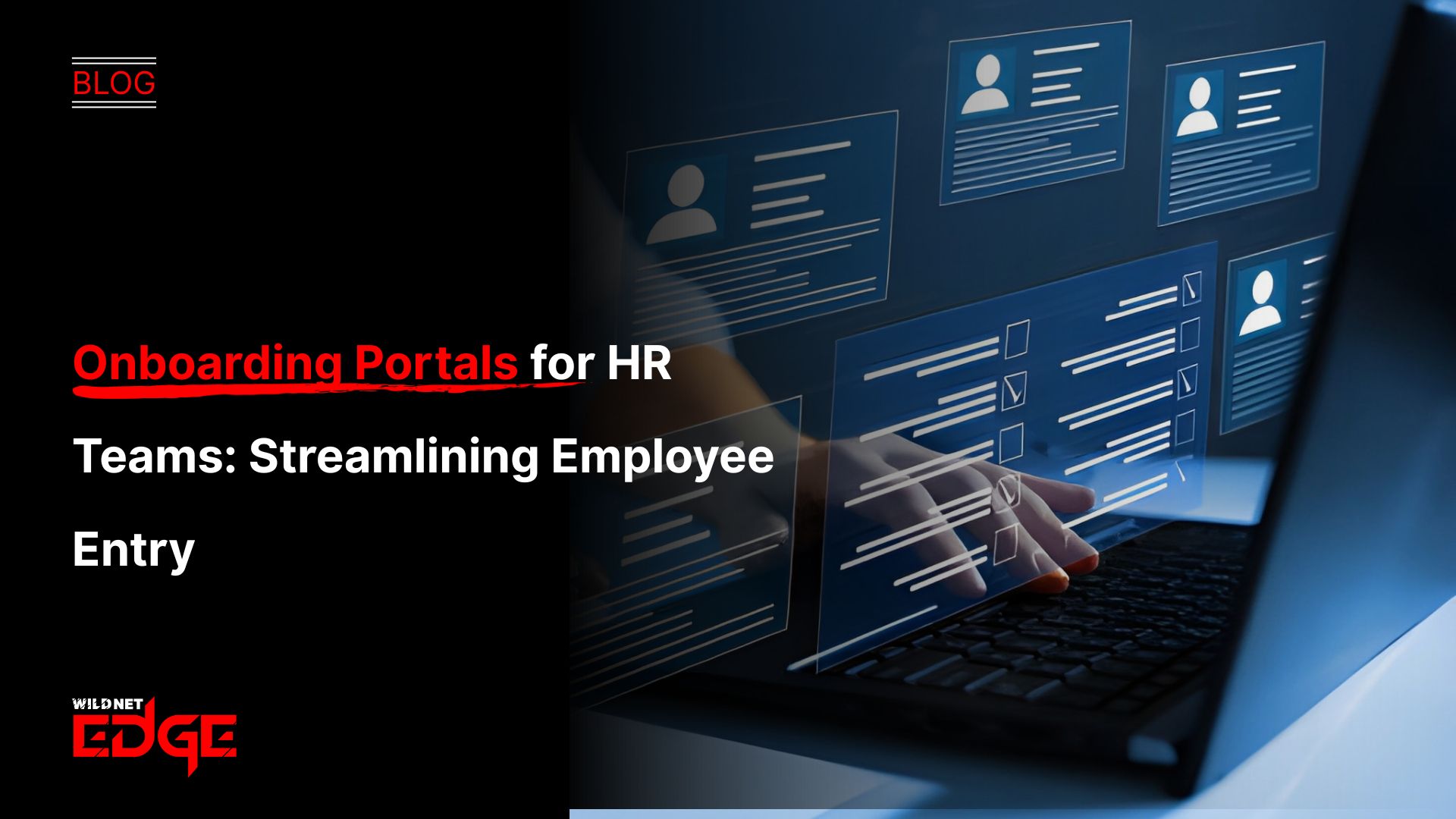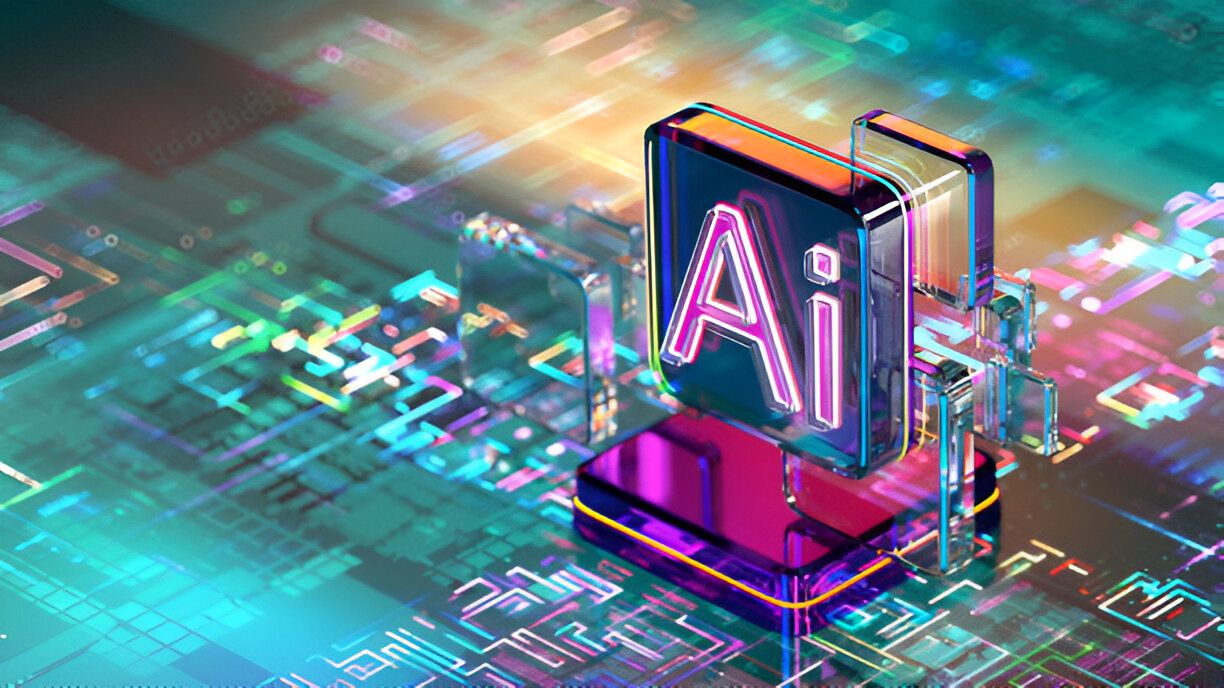The integration of artificial intelligence (AI) in HR is transforming small business operations, shaping how human resources are managed. Small businesses often face unique challenges in HR, such as limited budgets, resources, and manpower. How can small businesses leverage AI in HR to streamline these processes, enhance efficiency, and improve decision-making? The incorporation of AI in hr can provide answers to these pressing questions through innovative solutions designed to support HR departments.
In this article, we will explore successful AI case studies in hr, discuss key AI tools available for small businesses, examine the efficiency brought by AI in HR processes, and highlight how software development companies and mobile app development companies are contributing to this technological evolution.
Understanding AI Case Studies HR
Successful AI Integration Examples
AI in hr has found its way into various industries through exemplary case studies. For instance, Unilever transformed its hiring process by utilizing AI tools for candidate assessments and using gamified evaluations to better engage candidates. They reported that the AI-driven process allowed them to filter through thousands of applicants, significantly reducing bias. This approach not only speeds up recruitment but also ensures quality hires that fit their company culture.
In the healthcare sector, a company like Cervello utilized AI tools to enhance employee training and skill development. They employed AI algorithms to analyze employee performance data, which helped tailor training programs tailored to individual needs, drastically improving productivity.
Another noteworthy example includes the retail industry where Walmart applied predictive analytics powered by AI to determine staffing needs based on foot traffic patterns and seasonal sales. This optimized scheduling and reduced labor costs while maintaining service quality.
Lessons Learned from AI Case Studies HR
From these successful implementations, several key takeaways emerge:
- Data-Driven Decision Making: Companies that embraced AI in hr have leveraged extensive data analysis to make informed hiring decisions. Accurate applicant tracking and analysis ensure that the right talents are hired.
- Enhanced Efficiency: Organizations experienced significant time savings by automating routine tasks such as resume scanning and interview scheduling. This enabled HR personnel to focus on strategic initiatives rather than administrative tasks.
- Integration Challenges: A few organizations did run into initial resistance and technical challenges during integration. It’s essential to train HR staff on new technologies, ensuring smooth transitions and maximizing the benefits of the investments.
- Risk Management: As showcased in the cases of companies like Unilever, potential risks include reliance on flawed algorithms that may introduce biases. Therefore, ongoing evaluation and adjustments are crucial to maintain the integrity of AI tools.
Key AI Tools in HR
Top AI Tools for Small Businesses
For small businesses seeking to adopt AI in hr, several tools stand out for their effectiveness:
- BambooHR: This comprehensive platform offers employee management functionalities, including applicant tracking, performance management, and onboarding, at competitive pricing for small businesses.
- HireVue: Utilizing AI-driven video interviewing technology, HireVue enables real-time analysis of candidates’ responses to questions. This improves recruitment efficacy by identifying the best-fit candidates based on predictive analytics.
- X0PA AI: This platform combines machine learning with applicant tracking, enabling small businesses to enhance their recruitment processes and improve candidate matching while keeping costs low.
- Glint: Focused on employee engagement, Glint uses AI to analyze employee feedback, offering insights into staff morale and areas for improvement.
How to Select the Right AI Tools in HR
Choosing the best AI tools can be daunting, especially for small businesses. Here’s how to make the selection process easier:
- Identify Specific Needs: Clearly outline your HR challenges. Are you struggling with recruitment, engagement, or performance management? Understanding your primary objectives will guide the selection process.
- Evaluate Compatibility: Ensure the AI tools can integrate seamlessly with your existing HR processes and software. Asking for demonstrations or using trial versions can help gauge compatibility.
- Consider Scalability: As your business grows, your AI tools should grow with it. Opt for solutions that offer additional features or scalability options.
- Review Pricing Models: Various pricing models exist, from subscriptions to pay-per-use options. Assess which payment structure aligns best with your budget constraints.
The Role of AI in HR Efficiency
Enhancing Recruitment with AI
AI plays a vital role in modernizing recruitment processes for small businesses. By automating a large part of the hiring process, AI tools streamline operations.
- Applicant Tracking Systems (ATS): These systems minimize the time HR teams spend sifting through resumes and applications. AI-powered ATS can quickly sift through thousands of applications, identify key skills based on predefined criteria, and even rank candidates to facilitate interviews.
- Resume Screening: Companies using AI for resume screening report significant reductions in hiring time. Tools like ClearCompany allow HR managers to filter resumes by specific keywords, making it easier to find qualified candidates without manual searching.
- Interview Scheduling: AI tools can automate the logistics of scheduling interviews, sending reminders, and follow-ups. Paradox is an AI-driven chatbot that can assist candidates in scheduling interviews, providing an engaging applicant experience while saving HR hours of coordination.
Improving Employee Onboarding with AI
Effective onboarding is crucial for employee retention, and AI can significantly enhance this process.
- Personalized Onboarding: AI-driven onboarding tools can tailor training plans to individual employee needs or roles, ensuring new hires receive the information and support relevant to their positions.
- Chatbots for Onboarding Support: Many organizations have integrated AI chatbots into their onboarding processes. These bots answer FAQs, guide new hires through paperwork, and provide information about benefits and company culture.
- Case Study: Zalando, the European e-commerce fashion platform, employs an AI-driven onboarding system that personalizes each new employee’s journey. This has reportedly led to higher retention rates and faster acclimatization to the workplace environment.
Impact of AI on HR Decision-Making
Data-Driven Decisions in HR
AI provides small businesses with invaluable insights from HR data, assisting in sound decision-making.
- Predictive Analytics: Utilizing historical data, predictive analytics helps HR identify trends, such as employee turnover rates. By comprehensively analyzing this data, HR can develop strategies to improve employee engagement and retention.
- Workforce Planning: AI tools like Pymetrics utilize neuroscience and AI to assess candidate potential and retention, allowing companies to better plan workforce needs based on predictive outcomes.
- Enhanced Reporting: Reporting features in AI tools allow HR managers to generate custom reports quickly. This saves time spent on manual data analysis, enabling HR to focus on strategic initiatives.
Real-Time Feedback and Engagement
The introduction of AI in HR processes enriches employee engagement through real-time feedback mechanisms.
- Feedback Tools: AI-powered platforms, such as TINYpulse, facilitate continuous feedback loops between employees and management. This allows for timely recognition of employee contributions and aspirations, fundamentally improving workplace morale.
- Engagement Analytics: AI analyzes employee engagement data in real-time, allowing HR managers to identify potential issues before they escalate, leading to a more positive work environment.
Software Development Company Perspectives on AI in HR
Innovations from Software Development Companies
Software development companies play a crucial role in advancing AI technologies tailored for HR functions.
- Tailored Solutions: Many companies are developing customized solutions that address specific HR needs by leveraging AI, such as performance tracking systems unique to an organization.
- Trends to Watch: As AI technology continues to evolve, expect to see the rise of blockchain for HR data security, deeper machine learning for employee performance evaluations, and enhanced predictive analytics to drive HR strategy.
Collaboration between AI Developers and HR
Collaboration between HR teams and software development companies leads to innovative AI solutions.
- Cross-Functional Teams: By forming teams that include both HR professionals and software developers, companies can create tools that are user-friendly and effective. Vital feedback from HR can guide developers in their design and functionality choices.
- Example Partnership: A successful partnership is the collaboration between Oracle and various small businesses facing HR challenges. Oracle’s cloud-based AI tools are designed based on customer feedback, providing tailored solutions that directly address small business needs.
Mobile App Development Company Trends in AI for HR
Mobile AI Solutions for HR Tasks
Mobile applications are at the forefront of leveraging AI to streamline HR tasks for small businesses.
- Mobile Onboarding Apps: Companies like BambooHR and Zenefits offer mobile applications that take the onboarding process to the next level. This allows new hires to complete forms, access training materials, and connect with colleagues seamlessly via their smartphones.
- Employee Self-Service: AI-powered mobile apps allow employees to access HR services directly, such as managing leaves, updating personal information, and tracking performance goals, enhancing employee autonomy.
Future of Mobile App Development in HR
The future trend for mobile app development in hr is promising as businesses look for innovative solutions.
- Emerging Technologies: Developments in augmented reality (AR) and virtual reality (VR) will enhance training modules in HR, making them more interactive and engaging for employees.
- Leading-Edge AI: Expect the advent of AI that not only assists with routine tasks but also offers personalized career trajectory mapping based on employees’ skills, aspirations, and organizational needs.
- Increased Accessibility: With remote work becoming a norm, mobile AI solutions will increasingly cater to a dispersed workforce, ensuring that all employees have immediate access to HR functionalities.
Conclusion
AI in hr is transforming the landscape for small businesses, providing innovative solutions that enhance efficiency, streamline processes, and empower HR professionals. As highlighted throughout this article, companies embracing AI-driven tools have experienced pronounced benefits in hiring, onboarding, and employee engagement. Wildnet Edge, a trusted AI-first company, stands ready to guide businesses through the complexities of integrating AI into their operations. By embracing these advancements, small businesses can unlock their full potential, driving growth and fostering strong workplace cultures. Embrace AI in HR today and watch your organizational efficiency soar!
FAQs
Q1: What are common AI tools in HR?
Common AI tools in HR include applicant tracking systems, AI chatbots, and performance management software.
Q2: How can AI case studies HR benefit small businesses?
AI case studies HR can help small businesses by providing insights into successful implementations and strategies that have yielded results in similar settings.
Q3: What is the role of software development company in AI in HR?
Software development company contributes innovations and tailored solutions to integrate AI effectively within HR processes, helping to streamline operations for small businesses.
Q4: How do mobile app development company utilize AI in HR?
Mobile app development company create tools that leverage AI for efficient HR tasks, enhancing usability and accessibility for remote and diverse workforces.
Q5: Why is AI in hr important for small businesses?
AI in hr can streamline processes, enhance efficiency, and provide valuable insights, making it crucial for small business success in a competitive landscape.

Managing Director (MD) Nitin Agarwal is a veteran in custom software development. He is fascinated by how software can turn ideas into real-world solutions. With extensive experience designing scalable and efficient systems, he focuses on creating software that delivers tangible results. Nitin enjoys exploring emerging technologies, taking on challenging projects, and mentoring teams to bring ideas to life. He believes that good software is not just about code; it’s about understanding problems and creating value for users. For him, great software combines thoughtful design, clever engineering, and a clear understanding of the problems it’s meant to solve.
 sales@wildnetedge.com
sales@wildnetedge.com +1 (212) 901 8616
+1 (212) 901 8616 +1 (437) 225-7733
+1 (437) 225-7733















 ChatGPT Development & Enablement
ChatGPT Development & Enablement Hire AI & ChatGPT Experts
Hire AI & ChatGPT Experts ChatGPT Apps by Industry
ChatGPT Apps by Industry ChatGPT Blog
ChatGPT Blog ChatGPT Case study
ChatGPT Case study AI Development Services
AI Development Services Industry AI Solutions
Industry AI Solutions AI Consulting & Research
AI Consulting & Research Automation & Intelligence
Automation & Intelligence













